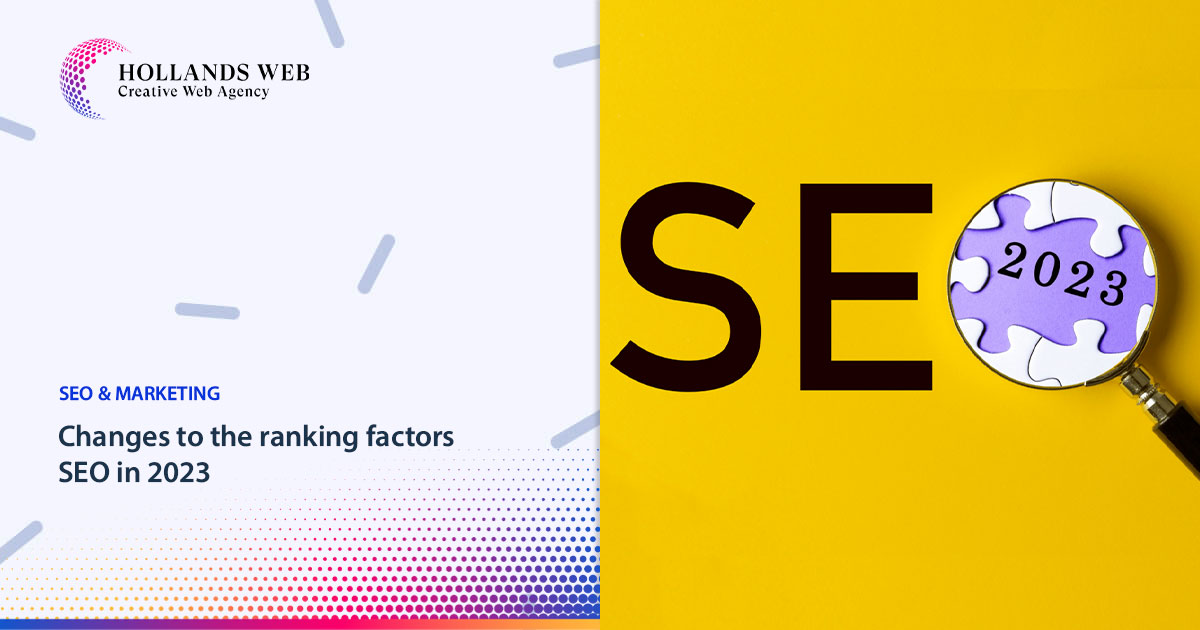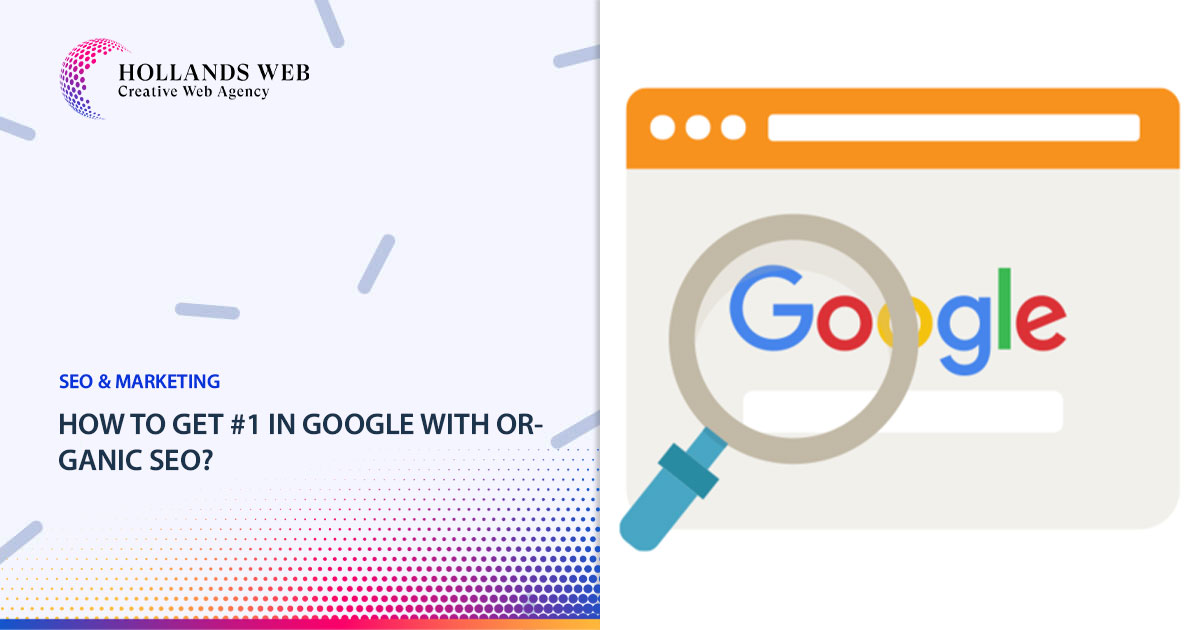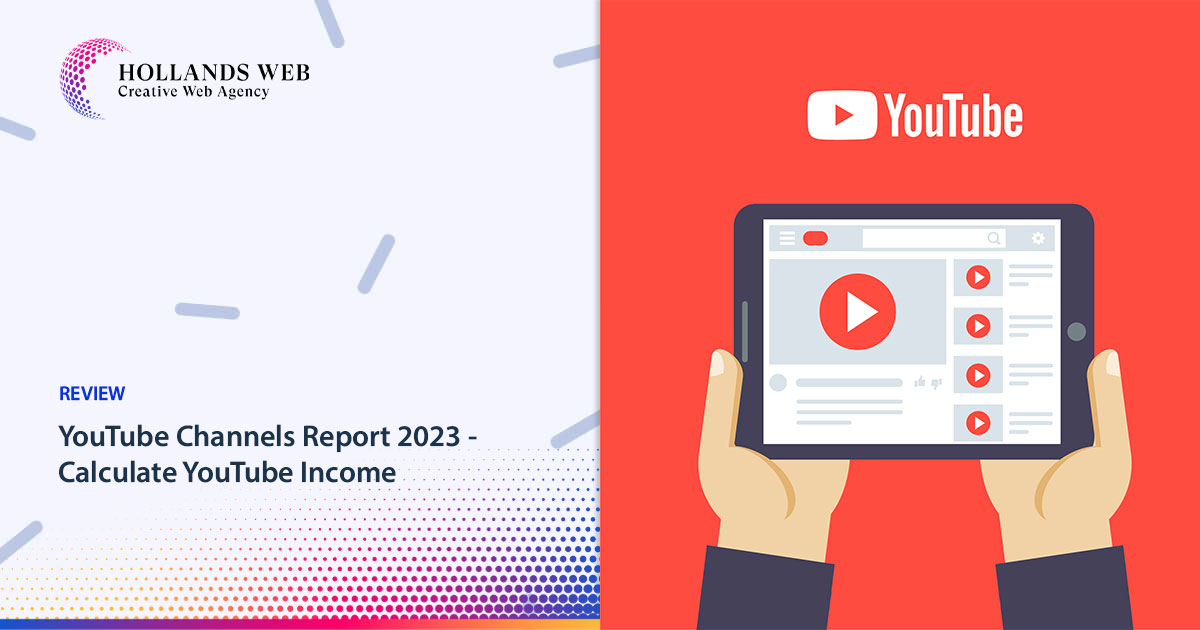No products in the cart.
Search engine algorithms, such as Google’s, are constantly evolving, and they make updates and changes to their ranking factors periodically. The last year has seen a lot of changes in the SEO industry, which has made it harder and harder to define ranking factors.
Google has rolled a number of technical signals into a single “page experience” evaluation, altering the way it describes several previously documented “ranking systems.” It has also tightened its standards for content, elevating “experience” above expertise, authoritativeness, and trustworthiness (E-E-A-T).
Because of this, figuring out what is and isn’t a ranking factor in Google’s algorithms has gotten increasingly harder.
So, how can you determine which elements these days actually affect web page rankings?
And with everything going on, how can you organize your SEO strategy?
In this post, we dispel some common misconceptions about Google’s ranking algorithms and discuss the latest developments in search this year.
“Page Experience” Updates
- Page experience was removed from Google’s “ranking systems” documentation.
- Many ranking signals are considered to evaluate page experience, and while still taken into account, it is no longer classified as its own ranking system.
- Other factors, such as mobile-friendliness, page speed, and HTTPS, were also removed from the “systems” documentation.
- Google representatives have explicitly stated that the algorithms reward good page experience. It’s used by the ranking systems, even if it isn’t a system itself.
- We updated several chapters for clarity to reflect these changes, but they all remain CONFIRMED ranking factors:
- HTTPS.
- Page Speed.
- Mobile Friendliness.
- Core Web Vitals.
Alt Text
- We clarified that alt text is only a ranking factor for Google image search, not general search.
- In general search, alt text counts the same as any other text on the page – and so is considered by algorithms – but has no special treatment.
Authorship
- We removed this entry because it’s increasingly covered by E-E-A-T.
Contextual Links
- We removed this entry because it’s increasingly covered by anchor text, natural language processing, and content.
Deep Link Ratio
- SEJ’s opinion changed from UNLIKELY to DEFINITELY NOT.
Domain History
- SEJ’s opinion changed from PROBABLY to CONFIRMED.
- Ranking signals don’t change when a domain changes owners, so if a domain has been algorithmically penalized for some reason, that will carry over.
E-E-A-T
- Content significantly updated to reflect the addition of “experience.”
- No change in opinion.
Language
- SEJ’s opinion changed from PROBABLY to DEFINITELY.
- However, we clarified that Google detects this automatically – and using language-specific domains, HTML tags, etc., does not impact ranking.
Link Stability
- SEJ’s opinion changed from UNLIKELY to DEFINITELY NOT.
- This myth is based on a 2006 patent from Google mentioning “link churn” – but the patent no longer references this term today.
- If you change a link, it might take time for it to be crawled again, but that’s the only impact.
Physical Proximity To Searcher
- We removed this entry because it’s covered under Relevance, Distance, and Prominence.
Syndicated Content
- SEJ’s opinion changed from UNLIKELY to POSSIBLY.
- If not handled properly, syndicated content can be a negative ranking factor:
- If a site automatically scrapes and reposts content, this is considered spam.
- If a site syndicates content without noindexing it, it can outrank the original content, despite Google’s efforts to prioritize original reporting.
TF-IDF
- We removed this entry because it’s extremely outdated concerning Google’s current algorithms/natural language processing.
- If you’re concerned about this in 2023, consider reviewing some SEO fundamentals.
URLs
- Our opinion of this ranking factor overall hasn’t changed, but we updated it for clarity.
- Despite being a CONFIRMED ranking factor, it would only impact very specific cases where Google has never indexed content before – and as soon as the content is indexed, it becomes a negligible factor.
Keep in mind that SEO is an ever-changing field, and it’s important to adapt your strategies as search engine algorithms evolve. Consulting with Holland SEO experts who stay current with the latest trends can also be helpful in navigating these changes effectively.
The article was written by Shannon Phelps.






 Web Hosting
Web Hosting Web Designs
Web Designs Graphic Design
Graphic Design SEO
SEO Digital Marketing
Digital Marketing